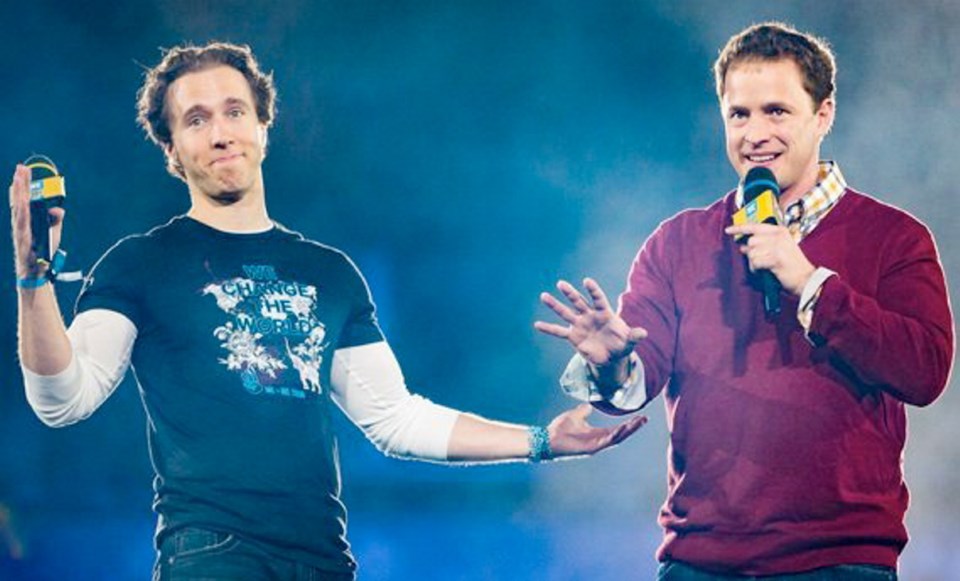If young people are the future, they should help create it.
Canada Service Corps is part of a new national youth service strategy — something we have wanted to see ever since we were told as teenagers that we were too young to start a charity (we did anyway).
The program will help instill a culture of service nationwide with its multimillion-dollar budget earmarked for projects, individual grants and an online tool that will match do-gooders with service opportunities. In the tradition of Katimavik and AmeriCorps, it could revolutionize how youth commit to service.
But first, it needs to hear from the very people it wants to help: young Canadians.
A survey asking teens and young adults to share their ideas to make Canada a better place will help guide the strategy.
Past programs haven’t been accessible to all. They have required young people take an entire year off and struggled to reach those in marginalized communities. This survey wants to answer the question of how we re-imagine what service means, creating accessible opportunities that inspire youth of all ages, no matter where they live or what their background.
While we wait for the official results, we went directly to youth to find out how they would create change.
Their answers reflected the most educated, entrepreneurial and diverse generation in Canadian history.
Canada is waiting to hear their voices.
Sixteen-year-old Dakota Livingston found her passion in student politics.
“Looking back, I feel like I was missing out on 15 years of my life,” she says.
Now a student trustee of her Kawartha-area school board, she wants all young people to know they have a role in shaping their communities. “We may not have the right to vote, but we have a voice.”
Autumn Buck says youth voices are already being heard. A Grade 12 student in Winnipeg, she says past conversations have often left out Indigenous youth. But recent demonstrations led by young people in response to the Colton Boushie and Tina Fontaine cases will spark change.
“When we think of resources for young people, we think of urban centres,” says Autumn. “But we can’t forget about Indigenous youth on reserves who need them most.”
When Grade 12 student Evan Rogers began struggling with mental-health issues, the Chatham-Kent native found purpose in his job. He wants to see more government incentives and youth jobs programs.
“If there are programs geared toward youth becoming employed, it sets them up for life against the ups and downs,” Evan says.
Originally from Palestine, 19-year-old Razan Samara says there are programs to bring in new immigrants, but not enough focus on helping them integrate socially. The result for many is isolation.
“That’s where Canadian youth can play a big role,” she explains. “Running soccer tournaments or after-school programs, volunteering with arts, music and language groups to help people feel accepted and involved.”
Young Canadians have always had a vision for the future. Now, the country is listening.
Parents, you have a role in this as well. Ask your children to share their ideas and take the survey.
We can’t wait to see where they lead us.
Craig and Marc Kielburger are the co-founders of the WE movement, which includes WE Charity ME to WE Social Enterprise and WE Day. For more dispatches from WE, check out WE Stories.



